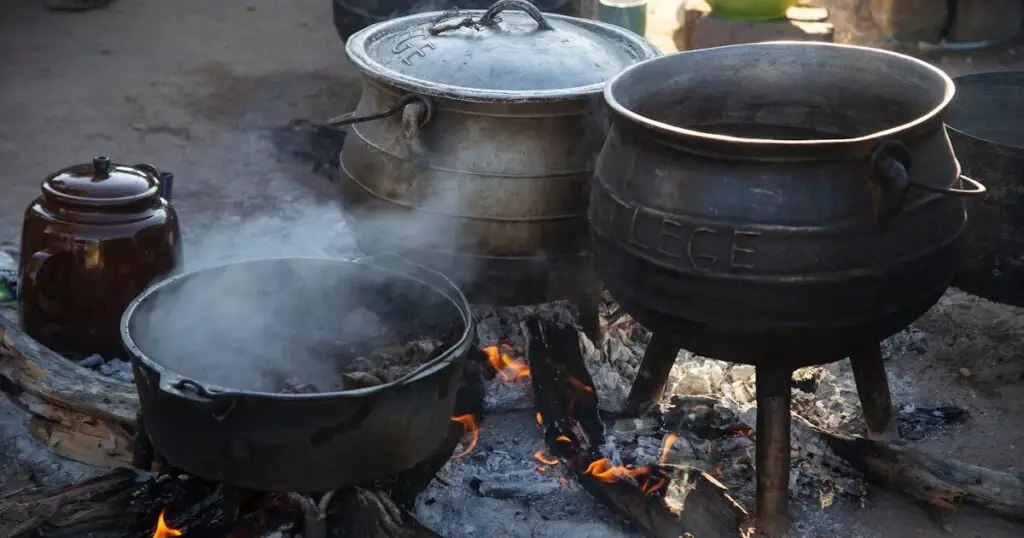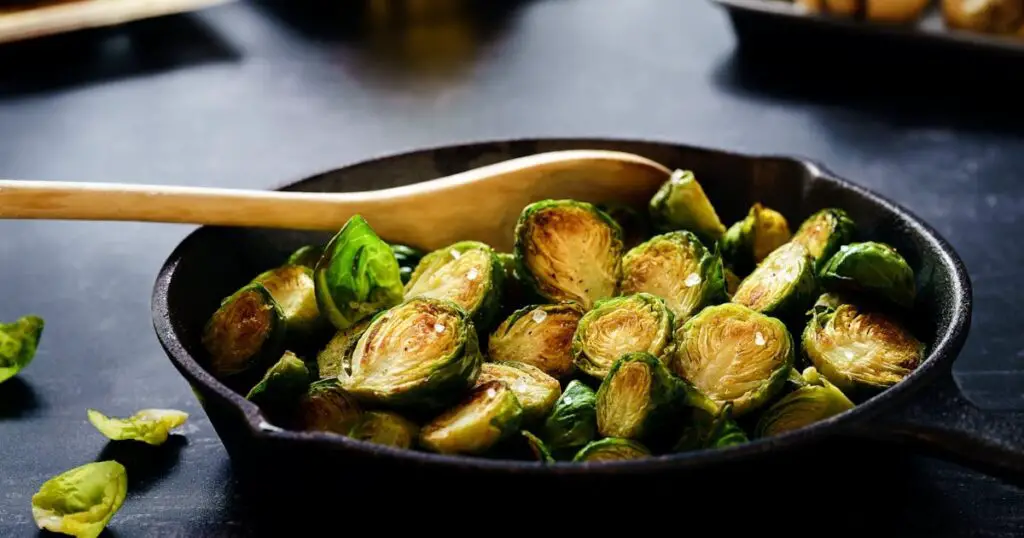Key Takeaway: Cast iron cooking seamlessly blends tradition with health benefits, offering a timeless, community-oriented way to prepare delicious meals while enhancing your nutritional intake and fostering a sense of togetherness around the dinner table.

Welcome to the world of cast iron cooking, where tradition meets modern health benefits. This timeless cookware has been used for centuries and is making a comeback in today’s society.
From its durability to its versatility, there are many reasons why cast iron is beloved by cooks around the world. In this article, we will explore the numerous benefits of using cast iron cookware, from its impact on your health to how to properly maintain it.
What are the benefits of using cast iron cookware?
The first thing that comes to mind when thinking about cast iron cookware is its durability. Unlike modern non-stick pans that need to be replaced every few years, a well-maintained cast iron pan can last for generations. This makes it not only a sustainable choice but also a cost-effective one in the long run.
Cast iron cookware is also known for its ability to evenly distribute heat, which helps to create perfectly cooked meals every time. This is especially important when it comes to searing and browning meats, as well as baking dishes that require even heat distribution.
Another benefit of using cast iron cookware is its versatility. From stovetop cooking to oven-roasting and even outdoor grilling, cast iron can do it all. It can withstand high temperatures, making it perfect for searing steaks or making homemade pizzas in the oven.
Does cooking in cast iron have health benefits?
In addition to its practical benefits, cooking in cast iron also has numerous health benefits. Unlike non-stick pans that can release harmful chemicals when heated to high temperatures, cast iron is completely safe and chemical-free. This makes it a healthier choice for you and your family.
Additionally, cooking in cast iron can increase the iron content in your food. As the pan heats up, small amounts of iron are released into your food, making it a great option for those who have an iron deficiency or are looking to increase their intake of this essential nutrient.
Tips for cooking with cast iron
Now that we have established the benefits of using cast iron cookware, let’s explore some tips on how to use it effectively:
- Before using your new cast iron cookware for the first time, it is important to season it. This involves coating the pan with a thin layer of oil and heating it in the oven for about an hour. This will create a non-stick surface and help prevent rust.
- When cooking with cast iron, always use high heat-resistant oils such as vegetable or grapeseed oil. Avoid using butter or other low-smoke point oils, as they can burn and leave a sticky residue on your pan.
- Unlike non-stick pans, cast iron requires preheating before adding food. This ensures even heat distribution and prevents sticking.
- To clean your cast iron cookware, avoid using soap as it can strip away the seasoning. Instead, use hot water and a stiff brush to remove any stuck-on bits. If necessary, add a small amount of salt to help with the scrubbing.
- After cleaning, make sure to thoroughly dry your cast iron pan and rub it with a thin layer of oil to maintain its seasoning.
How to maintain a cast iron
Proper maintenance is key to keeping your cast iron cookware in good condition for years to come. Here are some tips on how to care for your cast iron:

- Avoid soaking or leaving your cast iron cookware sitting in water for long periods of time. This can cause rusting and damage the seasoning.
- If you notice any rust spots on your pan, don’t worry! Simply scrub them off with steel wool and re-season your pan before using it again.
- If food becomes stuck on your pan, sprinkle some coarse salt and use a paper towel to scrub it off. The salt acts as an abrasive and helps remove any stubborn bits.
- If your cast iron becomes too greasy or sticky, you can use a small amount of baking soda and water to create a paste and give it a gentle scrub.
FAQs: Cast Iron Cooking
Can I use soap to clean my cast iron?
It is not recommended as it can strip away the seasoning. However, if necessary, make sure to thoroughly rinse and dry your pan afterwards.
Can I use metal utensils with my cast iron cookware?
While it won’t damage the pan, using metal utensils can scratch off the seasoning layer. It is best to use wooden or silicone utensils.
Can I put my cast iron pan in the dishwasher?
No, it is not recommended. The high heat and harsh chemicals can damage the seasoning and cause rusting.
Conclusion
In conclusion, using cast iron cookware has many benefits, from its durability and versatility to its health benefits and low maintenance requirements.
By following these tips on cooking and maintaining your cast iron, you can enjoy delicious meals while preserving this traditional cookware for generations to come. So why not give it a try and experience the joys of cast iron cooking for yourself?



Leave a Comment
You must be logged in to post a comment.